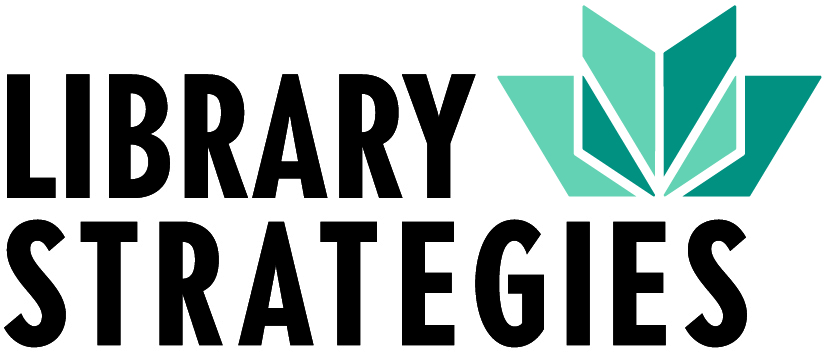8 Fundamental Principles for Your Board
We believe in libraries. We get libraries. Library Strategies Consulting Group often partners with Friends and Foundations on their strategic planning processes. We are the only consulting group in the country based inside of a library organization. We understand library missions because they are our mission. We also understand the challenges libraries and library organizations face. Library Strategies brings passion and library-focused knowledge and experience and tailors it to achieve your goals. July 1, 2016/Comments Off on 8 Fundamental Principles for Your Board

Most public libraries today are connected to multiple boards, including library, foundation, and Friends boards, as well as city councils, county commissions or something comparable. In general, these boards are good at following legal requirements, but more often run into difficulties around ethics or practices that are critical to an effective board. Here are eight fundamental principles by which all boards should operate:
- Honesty, integrity, and truthfulness in all board member actions. Board service for a public library, including private support organizations, is a public trust.
- Avoid conflict of interest, particularly in financial matters. Where conflict, or even appearance of conflict, exists it should be clearly stated to the Board in advance of any decision making. Have a conflict of interest policy to help ensure any potential conflicts are transparent and well-managed by all concerned.
- Board positions are for the public good – not driven solely by personal philosophies. Board members should bring their personal view and experience to board decisions, but temper that with a broader perspective in that they represent a larger community.
- Respect other Board members and their diverse opinions. Work toward compromise.
- Respect confidentiality. This is especially true for employees, other board members, and decisions or matters requiring or necessitating discretion.
- Be aware of, and conform to, all legal requirements.
- Support librarians in resisting censorship of library materials and in respecting the privacy of patrons. Keep libraries free of bigotry and prejudice.
- Boards are democratic bodies, and individual members have minimal power. Abide by board decisions, and support the board as a body of the whole.

